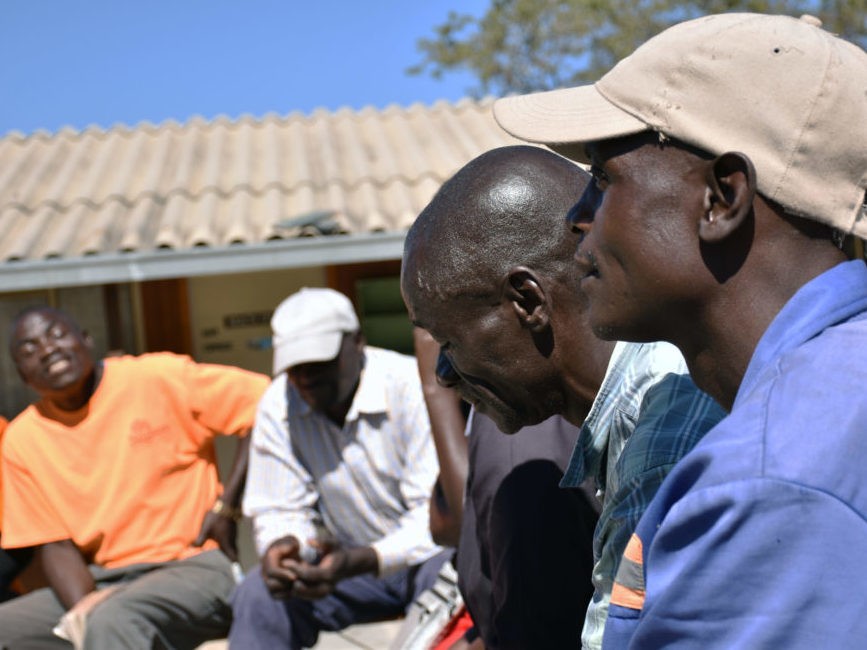Mantell J, Masvawure T, Mapingure M, Apollo T, Gwanzura C, Block L, Bennett E, Preko P, Musuka G, Rabkin M. Journal of the International AIDS Society. 2019 Nov. https://doi.org/10.1002/jia2.25403
Introduction
Suboptimal male engagement in HIV programmes is a persistent challenge, leading to lower coverage of HIV testing, prevention and treatment services, and to worse outcomes for men. Differentiated service delivery models, such as peer‐led community antiretroviral refill groups (CARGs), offer the opportunity to enhance patient satisfaction, retention and treatment outcomes. We conducted an exploratory qualitative study to identify facilitators and barriers to CARG participation by HIV‐positive men, with inputs from recipients of HIV care, community members, healthcare workers (HCWs), donors and policymakers.
Methods
Between July and October 2017, we conducted 20 focus group discussions (FGDs) with 147 adults living with HIV, including men and women enrolled in CARGs and men not enrolled in CARGs, and 46 key informant interviews (KIIs) with policymakers, donors, HCWs and community members. FGDs and KIIs were recorded, transcribed and translated. A constant comparison approach was used to triangulate findings and identify themes related to male engagement in CARGs in rural Zimbabwe.
Results
CARG participants, policymakers, donors, HCWs, and community members noted many advantages to CARG participation, including convenience, efficiency, solidarity and mutual psychosocial support. Although those familiar with CARGs reported that these groups decreased HIV‐related stigma, concerns about stigma and privacy were perceived to be the primary reason for men’s non‐participation. Other important barriers to male enrolment included lack of awareness of CARGs, misunderstanding of how CARGs operate, few perceived benefits and lack of flexibility in CARG implementation.
Conclusions
More effective educational and awareness campaigns, community‐based anti‐stigma campaigns, more flexible CARG designs, and provision of financial and/or in‐kind support to CARG members could mitigate many of the barriers to male enrolment in CARGs. Men may also prefer alternative differentiated service delivery models that are facility‐based and/or do not require group participation.









